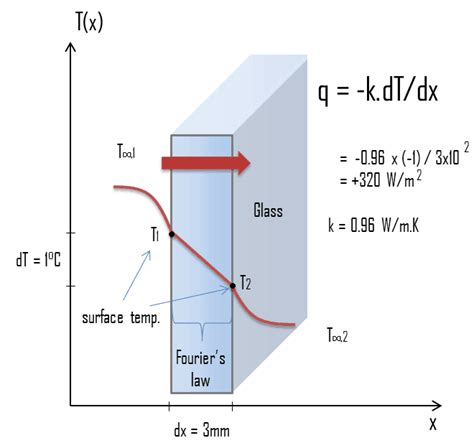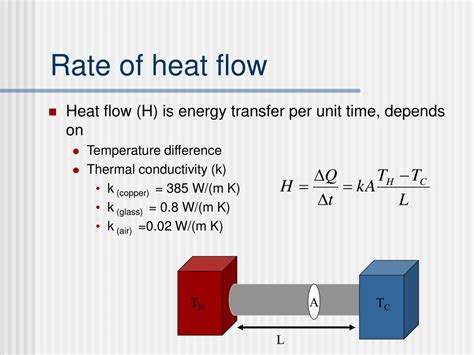heatnlux ,difference between heat flux and flow,heatnlux,Heatnlux offers authentic and pre-loved clothing, shoes and accessories from brands like Stone Island, Prada, Moncler and more. Shop online with Klarna and get discounts on selected items. A complete guide to Gay Las Vegas Travel including top gay-friendly resorts, popular LGBTQ shows, wedding ceremonies & more. Get these travel tips, hotel deals, show discounts and more on Vegas.com.

At Heat 'n lux, our commitment to providing top-quality heat-related products is unwavering. We understand the importance of ensuring that our customers receive authentic and reliable items, whether they are used or brand new. Our team meticulously authenticates each product to guarantee its quality and authenticity. In this article, we will delve into various aspects related to heat flux and its applications, while also highlighting the measures we take to ensure the quality of our products.
Heat Flux vs Transfer Coefficient
Heat flux and transfer coefficient are two crucial parameters in heat transfer analysis. Heat flux refers to the amount of heat energy transferred per unit area per unit time. It is measured in units of watts per square meter (W/m²). On the other hand, the transfer coefficient represents the efficiency of heat transfer between two media. It is a measure of the rate at which heat is transferred across a surface due to a temperature difference.
Heat Flux vs Heat Rate
Heat flux and heat rate are closely related concepts but differ in their definitions. Heat flux refers to the amount of heat energy transferred through a surface per unit time. It is a fundamental parameter in heat transfer analysis. Heat rate, on the other hand, refers to the total amount of heat energy transferred over a specific period. It takes into account the heat flux as well as the duration over which the heat transfer occurs.
Heat Flux vs Transfer Rate
Heat flux and transfer rate are terms often used interchangeably in heat transfer analysis. Heat flux specifically refers to the rate of heat transfer per unit area, while transfer rate encompasses the total amount of heat transferred over a given period. Understanding the distinction between these terms is essential for accurately analyzing heat transfer processes.
Difference Between Heat Flux and Flow
Heat flux and flow are related concepts but serve different purposes in heat transfer analysis. Heat flux refers to the rate of heat transfer per unit area, while flow typically refers to the movement of a fluid or gas. In heat transfer applications, flow may influence heat transfer processes, but heat flux specifically quantifies the amount of heat transferred.
Heat Flux vs Temperature
Heat flux and temperature are interconnected parameters in heat transfer analysis. Heat flux represents the rate of heat transfer per unit area, while temperature indicates the thermal energy of a system. Changes in temperature can affect heat flux, as they are both integral components of heat transfer processes. Understanding the relationship between heat flux and temperature is essential for accurate heat transfer analysis.
How to Calculate Heat Flux
Calculating heat flux involves determining the amount of heat energy transferred per unit area per unit time. The formula for calculating heat flux is:
Heat Flux = Q / A
Where:
- Heat Flux (q) is the rate of heat transfer per unit area (W/m²)
- Heat Transfer (Q) is the total amount of heat transferred (Joules)
- Area (A) is the surface area through which heat is transferred (m²)
By accurately calculating heat flux, engineers and researchers can analyze heat transfer processes and optimize system performance.
Heat Flux vs Transfer

heatnlux Shop for Motorcraft Transmission Fluid XT-10-QLVC with confidence at AutoZone.com. Parts are just part of what we do. Get yours online today and pick up in store. . Motorcraft MERCON LV ATF. . Ford F150 Transmission Fluid; Chevrolet Silverado 1500 Transmission Fluid;
heatnlux - difference between heat flux and flow